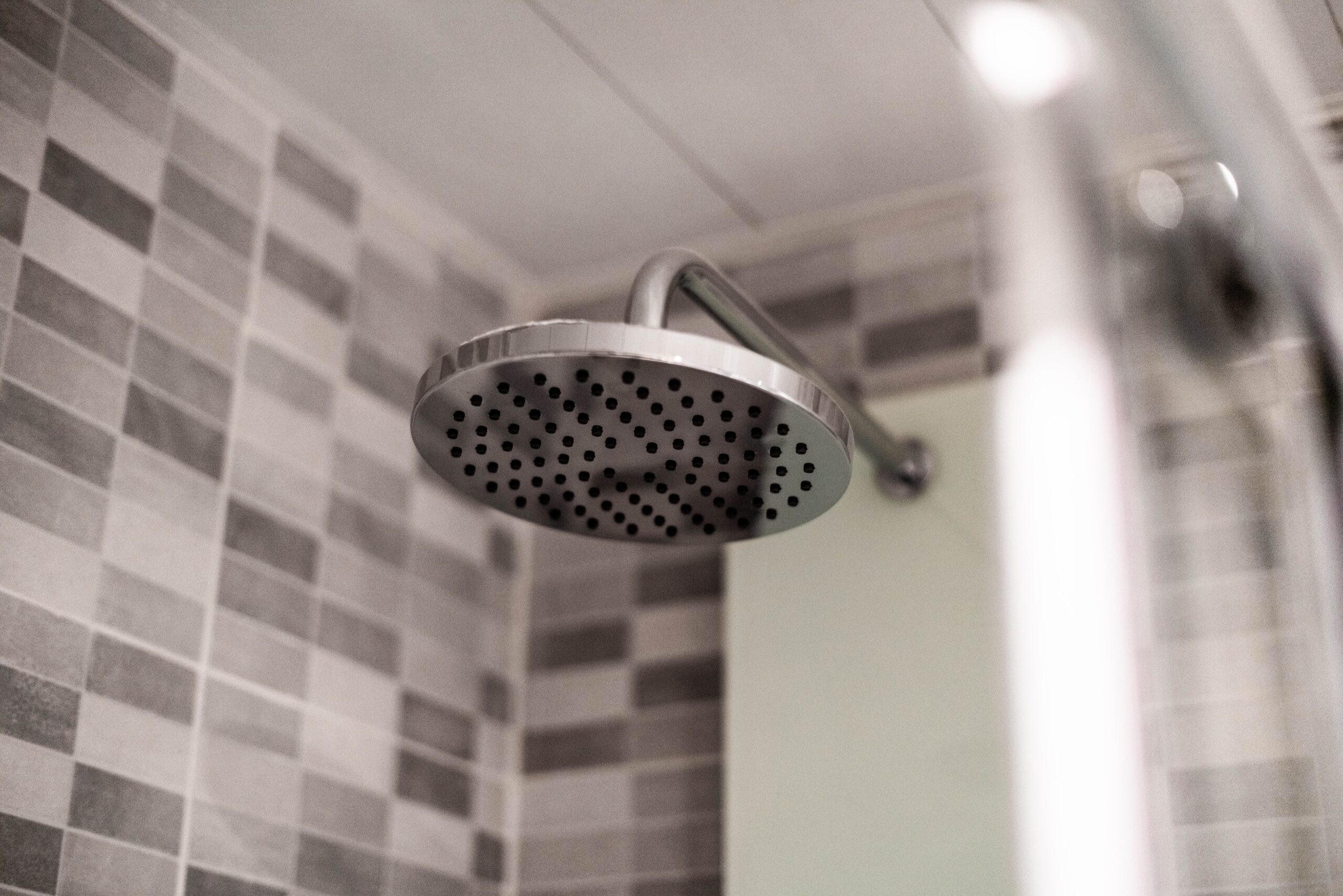Some day to day tasks can present challenges to parents in our position, including working out how to shower an autistic child.
In the below article we look into why this simple task can raise issues and what you can do.
Why may an autistic child be against showering
Firstly it is important to note that a LOT of neuro-typical children don’t like washing.
Many see it as an unnecessary chore which takes time away from fun things like playing.
But with that caveat aside, many parents if children with autism describe severe struggles with showering and washing in general.
These difficulties may be down to the following reasons;
Sensory factors
A shower is a hub of sensory inputs when you think about it. To start with you have the obvious feeling of water over their skin.
Then you have less obvious sensory factors such as the smells of soap and the noise created by the shower.
To really understand this it’s sometimes helpful to put ourselves in our children’s shoes.
Imagine the sound of the water rattling on the bath tub was deafening and the smell of the soap overpowering.
Depending on your child’s sensitivities these could all add up to it being an unpleasant experience.
The fact that your child finds it unpleasant can then snowball to the point a stubborn resistance kicks in.

Showering an autistic child can be tricky
Fixed interests
Children with autism can often develop passionate and fixed interests in various topics.
These can range from things like trains to puzzles to even something like sonic.
If an autistic child is engaging in their fixed interest and a parent pulls them away to shower, this can lead to a meltdown.
Soap in the eyes
For various reasons the process of a shower can be challenging. Any parent who has tried to shower an uncooperative child knows how hard it can be.
The challenges of the act itself can lead to accidents such as soap going in your child’s eyes.
For an autistic child this can be very distressing, especially if there is a communication barrier.
Communication and understanding
On the subject of communication, this in itself can lead to problems. For one it’s not always easy to explain to your child why showering is important.
To them it is just something which is distressing and to be avoided.
If there are communication and understanding problems it’s also difficult to explain the processes.
For example telling your child to tilt their head back when you are washing their hair.
How to shower an autistic child
Clearly every child is different and what works for one won’t necessarily work for another.
With that said however here are some tips;
Routines and schedules
Often children with autism take comfort in knowing what to expect. This can be in the form of a routine or a schedule.
Parents will be therefore well advised to incorporate showering into their day at consistent times.
Using something like a schedule board can also be of assistance. You can visually demonstrate the order of showering amongst other daily tasks.
Make sensory adjustments
If your child is very sensitive to sensory input then try to do what you can to ease this for them.
There are for example scent free soaps available and you could angle a shower so noise is limited.
Dimming the lights is another option which may make them feel more comfortable.
Let them help shower you
One way in which you can break down their anxiety is to show them that showering isn’t always a negative experience.
Letting them for example rinse the bubbles out of your hair is a fun way in which they can be involved.
Clearly this may result in a very wet bathroom but in the long run it may really help.
Use some tools
There are various options on the market which can help you shower your child. For example there are caps which can be worn which keep the water from your child’s eyes.
There are other options such as waterproof tablet cases which can be useful to distract your child during the shower.
Encourage your child to wash themselves
Autonomy can be really important for autistic children so using that idea you can involve them in the process.
Consider giving them an easy task such as washing their legs or feet.
They may enjoy the process and it gives them something to concentrate on while you are washing more important areas.
Summary – How To Shower An Autistic Child
Showering a child with autism can be a challenging task. They can be resistant to the point of outright refusal in many circumstances.
As we are all aware however, good hygiene is important for a number of reasons.
Learning the reasons behind your child’s reluctance is the first step. From there it is often a case of trial and error until progress is made.
Good luck
Any tips or ideas?
We would love to hear from you if you have got any techniques or ideas for our readers to try.
Be sure to leave a comment if any of the above has helped or if you have any ideas we can add to this article.
Also be sure to search for any other articles you might find helpful. Try for example searching below for topics like ‘meltdown’ or ‘communication’.


Not a tip but just agreement that those shower hat things work well. My DS was reluctant to put it on at first but once he got used to it was great.
Thanks for the tip, we’ll give it a go.